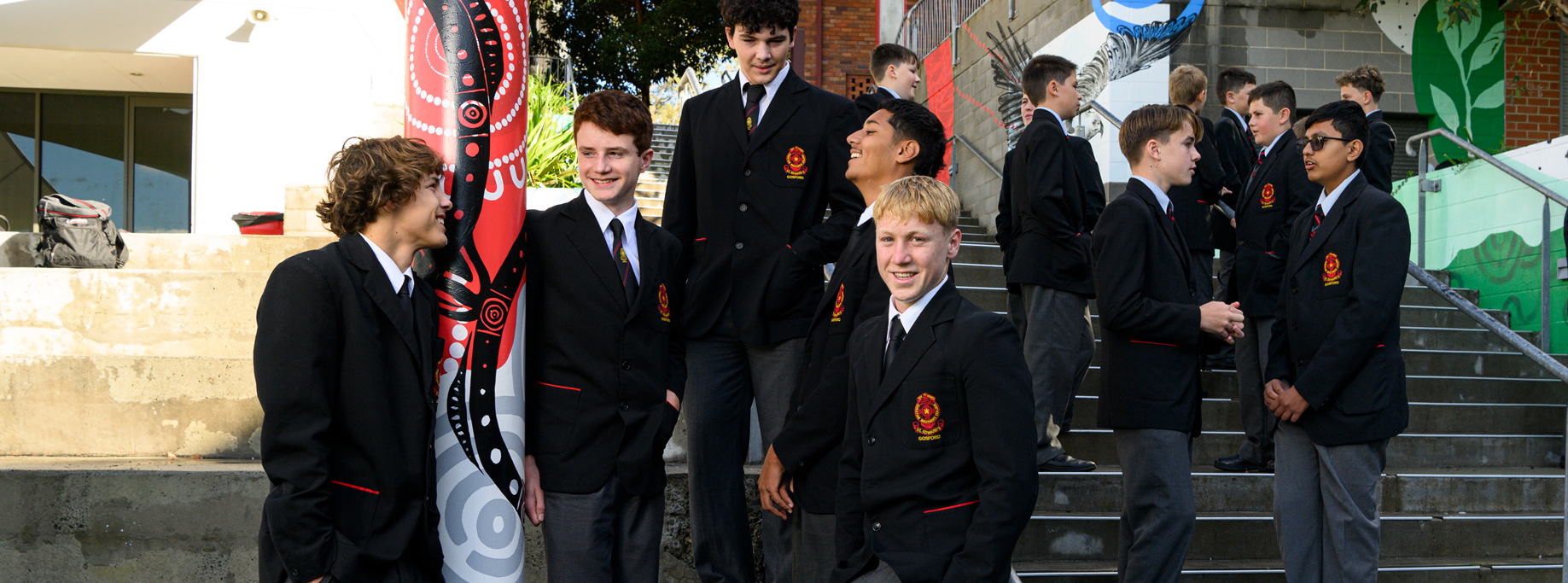
Fast forward a few generations and Dad would probably tell me today that if I wanted to be a footballer I should think like a footballer. His thinking would be right because any significant skill development usually comes before a positive mindset, or at least, a mindset that captures the essence of what’s required.
This mindset concept is easily applied to many areas of parenting and family life, including leadership, which is required in school, at work, in the community and in family life. Thinking like a leader comes before leadership action so attending to a child or young person’s mindset lays the foundation to real leadership.
The following mindsets are good starting points for developing leadership mindsets in the next generation.
Be Accountable
The mark of true leadership whether for adults or young people is the willingness to take responsibility and be accountable for your actions. Responsibility and accountability are features that great leaders share, so encourage children and young people to accept personal responsibility for their actions, learn from their mistakes and avoid making excuses when things go wrong. For this to happen parents and teachers need to forgive their mistakes and poor decisions so that they feel they can take responsibility without fear of harsh retribution.
Plan Ahead
Thinking about what needs to be done, planning ahead and managing time are skills that enable many young people to become effective leaders. The ability to think ahead, strategise and figure out a plan may sound like corporate-speak but it’s something that kids of all ages can accomplish. We can plant the planning seed by encouraging them to think ahead and set aside some time to plan before tackling any activity – whether it’s a homework project, resolving conflict with a sibling or asking for an increase on their allowance.
Work Together
The ability to form, maintain and work in teams is a central leadership capacity. Teamwork refers to a range of skills, including problem solving, working with others, listening and following that enable a team to work towards one purpose. All children are capable of working together, although introverts and pubescent teens can struggle to work collaboratively. Sow the seeds of teamwork by encouraging kids to support their siblings and friends when they struggle and to accept everyone in games and activities.
Tune In
Emotional intelligence is an essential set of skills that unfortunately many leaders lack. Emotional smarts allows leaders to communicate effectively, relate well and resolve problems when they arise. Develop your child’s emotional intelligence by encouraging them to tune in to and regulate their own emotions, and tune into the emotions of others. Help them see behind the behaviour of others and discover the emotions that may be driving behaviour. For instance, a sibling’s aggressive behaviour may be driven by anger, annoyance or even sadness.
In Closing
Leadership thinking requires kids to be accountable for their actions, plan ahead rather than act rashly, be open to working with others, and to tune into their own emotions and the emotions of those around them. These are mindsets worth nurturing using the tools of modelling, overt teaching (particularly with secondary school students) and providing plenty of descriptive, encouraging feedback.
Return to Newsletter






